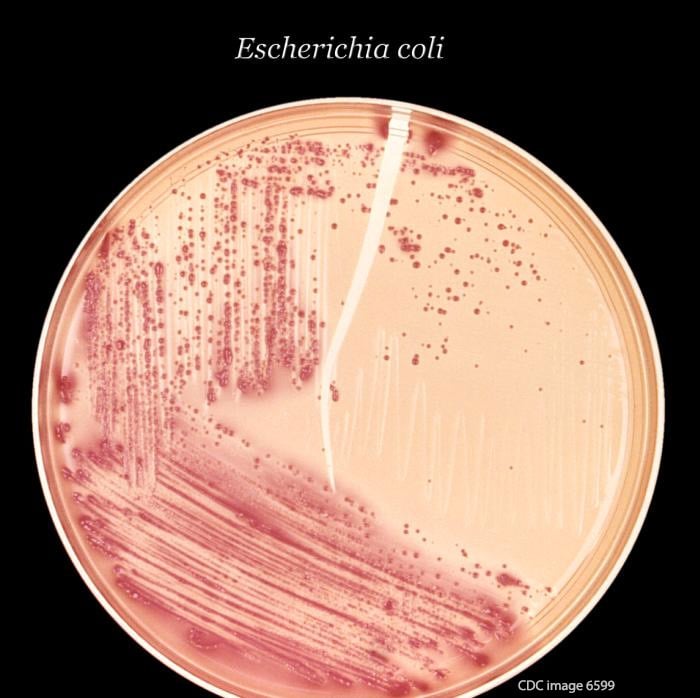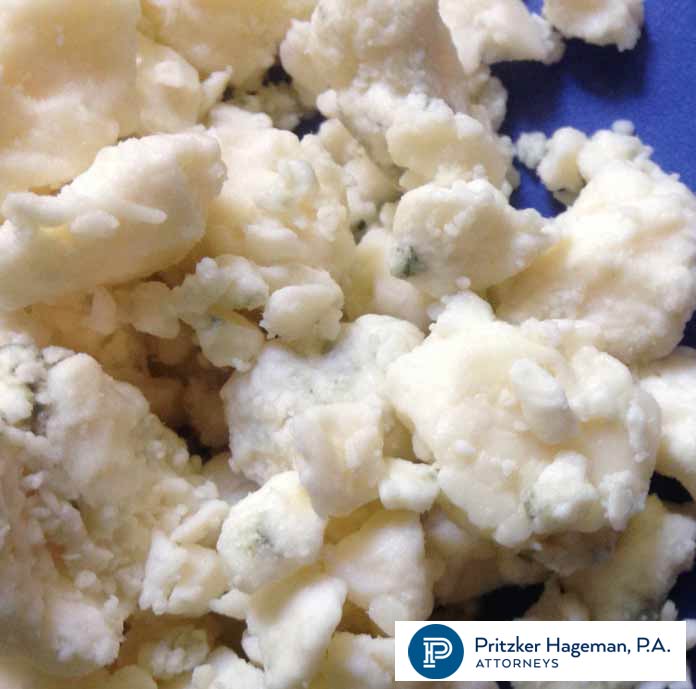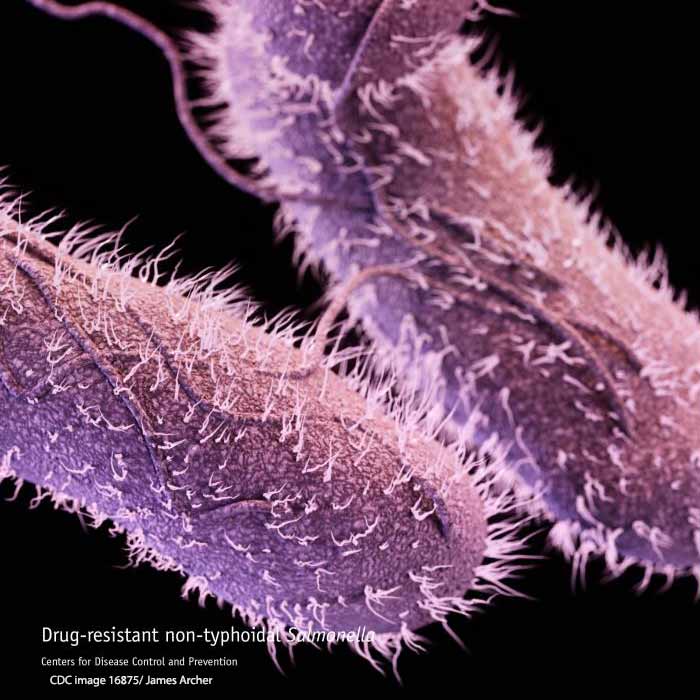Below are food safety tips for older adults, who are are at higher risk for food poisoning.
Don’t Eat These Foods
Some foods are at greater risk of being contaminated with dangerous pathogens, including Campylobacter, E. coli, Listeria, Salmonella, Shigella, and Vibrio. All of these can cause severe complications and death. Listeria and Vibrio have the highest mortality rates. Vibrio is generally only contracted from eating raw seafood, primarily oysters. Listeria can contaminate almost any food.
Below are 10 foods that older adults should avoid eating.
- Raw or undercooked meat, poultry or seafood. This includes some types of smoked fish, which should be reheated before it is eaten. You should be particularly wary of eating anything with ground meat. If you want to be really safe, don’t eat hamburgers because it is difficult to get the heat through to kill any bacteria without making it a meat hockey puck.
- Unpasteurized (raw) milk and products like cheese made from raw milk. Pasteurized milk is brought to a high enough heat to kill any bacteria. Raw milk is not heated at all. You can’t tell by looking at it whether milk has been pasteurized, so when in doubt, ask.
- Raw or undercooked eggs. Sadly, Salmonella bacteria can grow in egg yolks, as well as whites. This means a soft-boiled egg could harbor the dangerous pathogen. Eat eggs that are hard-boiled, fried until the yolk is cooked or baked in a casserole, quiche or frittata.
- Raw sprouts. Outbreaks from contaminated raw sprouts generally involve a restaurant that has put them on a sandwich or in a salad.
- Unwashed fruit and vegetables. Washing produce can wash away any pathogens on the outside, but pathogens can also be on the inside of some products, for example, spinach or lettuce. If you want to be really safe, always eat produce that has been heated to a temperature high enough to kill any pathogens.
- Unpasteurized apple juice or cider. E. coli outbreaks have been linked to unpasteurized apple cider and apple juice. The theory is that apples fell on the ground, where they “picked up” E. coli bacteria, and then were used to make the cider and juice.
- Soft cheeses. The products most at risk for contamination with Listeria are homemade and “raw milk” soft cheeses; however, commercial products made with pasteurized milk may also be contaminated. Feta, Brie, Camembert, and Queso fresco are all soft cheeses.
- Hot dogs and deli meats that have not been reheated. These products can be contaminated with Listeria at the end of the manufacturing process after they have been heated. You can eat hot dogs and deli meats if you heat them to a temperature high enough to kill any pathogens. Hot dogs can be boiled for several minutes before eating them.
- Unpasteurized, refrigerated pâtés or any meat spreads. These are not common products, but watch for them at parties and steer clear. The problem is that Listeria can hide in them.
- Perishable foods that are not refrigerated. Older adults should not eat any food needing refrigeration that has been unrefrigerated for over 2 hours, over 1 hour if the air temperature is above 90° F.
When in doubt, throw it out.
Clean, Separate, Cook, Chill
There are 4 basic steps to food safety at home:
- Clean. Wash your hands, all surfaces and equipment often. Wash produce.
- Separate. Keep raw meat, poultry, seafood, and eggs away from produce and ready-to-eat foods. This will help prevent cross-contamination.
- Cook. Heat foods to a high enough temperature to kill any dangerous pathogens. Use the USDA-FDA recommended safe minimum internal temperatures, as shown on the “Is it Done Yet” chart. To check the internal temperature of foods, use an instant-read food thermometer.
- Chill. Refrigerate all perishables, and if they sit out too long (see above), throw them out.
Can a Spouse or Adult Child Sue on Behalf of an Older Adult Who Gets Food Poisoning?
Yes, a spouse or adult child can sue on behalf of an older adult who gets food poisoning if the illness can be linked to a place or product. For example, if 3 unrelated people eat at a restaurant and all of them get the same strain of E. coli poisoning, that is evidence that food eaten at the restaurant was the source of the outbreak. If several people from multiple states get sick from E. coli with the same DNA “fingerprint”, that is evidence they were sickened by the same source. So if a statistically relevant number of them ate the same food or ate at the same restaurant chain, that is evidence that can be used in a lawsuit seeking compensation for medical expenses, cost of care, lost income, pain and suffering, loss of quality of life, and other damages.
If your spouse or parent has been sickened by contaminated food and he or she is in the hospital, you should contact our law firm about a lawsuit against the company (or companies) responsible for selling the adulterated product. Our law firm is one of the very few in the nation that handles a significant number of these cases. We have won millions for our clients and thereby held corporate wrongdoers accountable. We have sued food manufacturers, fast-food franchises and other restaurant owners, and others for older adults and their families. Attorneys Fred Pritzker, Eric Hageman, and David Coyle are our lead lawyers for these lawsuits. Contact our law firm for a free consultation (click here).



